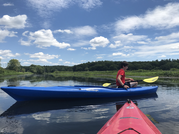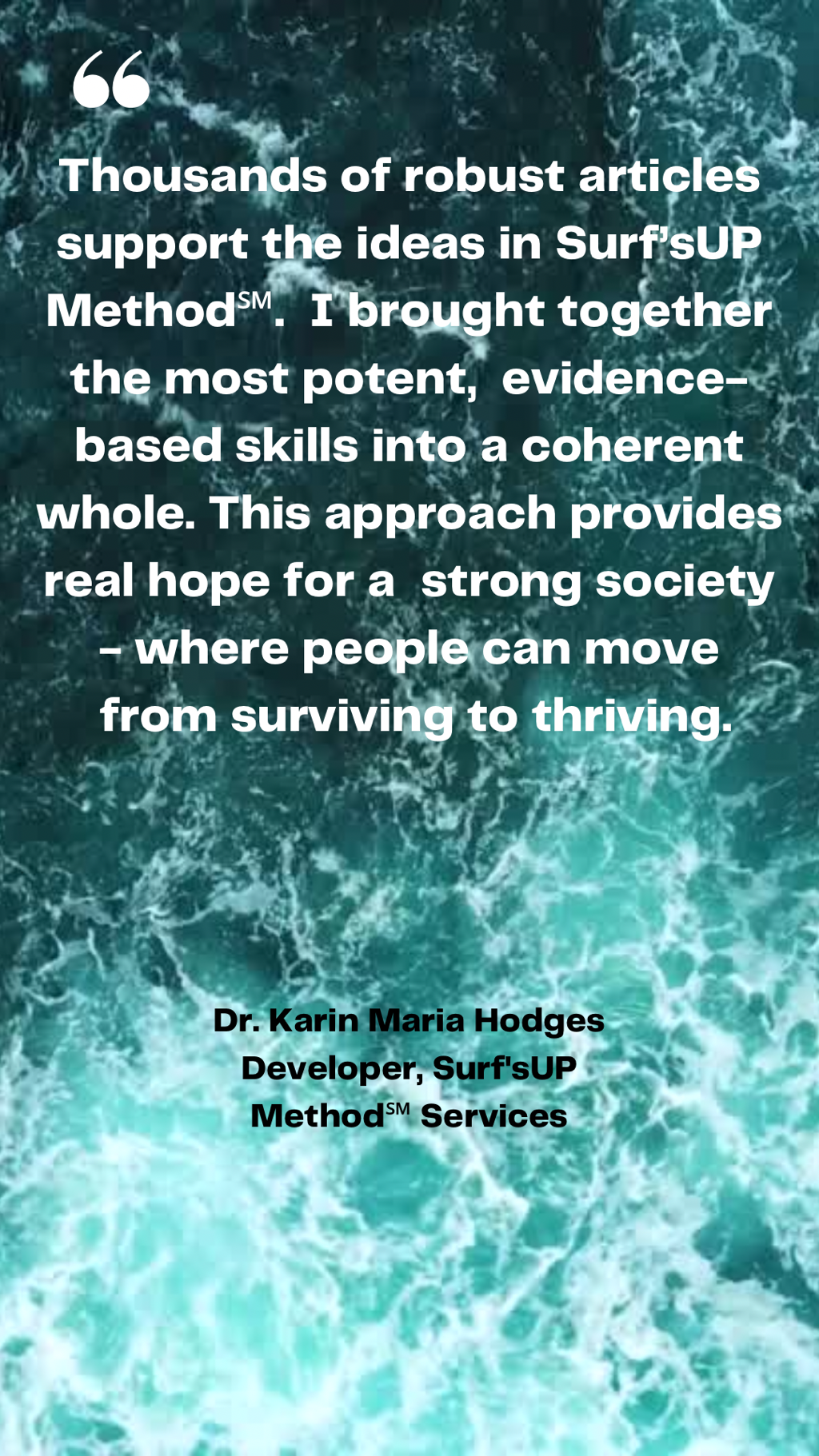 I had an opportunity to provide community education through Fusion Burlington in a live zoom-based webinar titled “Parents, Educators, and Children Striving for Balance this Fall.” I was joined by our host, Matt Shea from fusion Burlington and privileged with an engaging and enthusiastic audience.  The talk focused a lot on parents‘ decision-making for best supporting a child’s emotional wellness moving towards the fall session of school in the midst of remote and hybrid models of learning. I discussed the importance of circadian rhythm’s, human relationships, challenging growth opportunities for growing capacities and skills, and educational endeavors.  Throughout the talk, I highlighted the fact that a child’s mood behavior, energy, sleep, what and when they eat, how much they exercise, and things they’re exposed to in the environment (e.g., sunlight, temperature) are all interconnected. As we know, change, unpredictability, and performance demands will create stress for all involved as we moved towards the fall. Attention to circadian rhythms, including all of the things stated above can help address the tension.  An engaged parent asked how to motivate a child to comply with parents surrounding the aforementioned activities, and this led to a conversation surrounding the importance of balancing warmth and control in parenting, the topic of scaffolding, and just how important certain parent skills such as praise, paraphrase, and validation are in the parent-child relationship. I promoted high expectations for a child’s conduct and compliance, since we are supporting children towards health today, and also towards skills to prepare them for adulthood, as well.  On the topic of balance we discussed the balance between attending to stress versus inviting challenges. I noted developmental challenges often tend to include growing emotional capacity and mastering daily living skills. We also discussed the delicate balance between leaning on the school for support, and also drawing upon private and public resources outside of the school.  I ended with recommendations for teachers. I recommended they engage their own self-care, lean on their own supports, communicate promptly with each other, support each other, monitor the situations as they progress through the year, and create connection and predictability for children. I drew from a recent article by Eric M Anderman & Kui Xie, which suggested that teachers should go out of their way to build relationships with students, place academic material into context by stating the relevance of the material, and develop new rituals and routines throughout the day. On a personal note, I’ll add this this experience was extremely pleasant and enjoyable for me. I think my passion for the material combined with the enthusiasm in the participants allowed for positive energy, which made the experience such fun. I’m grateful to fusion Academy and to all the participants who attended so that we could think together about how to best care for ourselves and foster health and learning for children this fall.
0 Comments
Your comment will be posted after it is approved.
Leave a Reply. |
AuthorKarin Maria Hodges, Psy.D. CategoriesAll Diversity Hospitals Learning Disabilities Legal System Parenting Schools School To Prison Pipeline Archives |
Dr. Karin Maria Hodges
c/o Raising Moxie
45 Walden Street
Unit 2G
Concord, MA 01742
Office: (978) 610-6919
Cell Phone: (603) 313-5907
c/o Raising Moxie
45 Walden Street
Unit 2G
Concord, MA 01742
Office: (978) 610-6919
Cell Phone: (603) 313-5907
Surf’sUP Method is a service mark of Karin Maria Hodges, Psy.D. PLLC.
No claim is made to the exclusive right to use the word “METHOD” apart from the mark, as shown.
Raising Moxie is a service mark of Raising Moxie, LLC
No claim is made to the exclusive right to use the word “METHOD” apart from the mark, as shown.
Raising Moxie is a service mark of Raising Moxie, LLC
